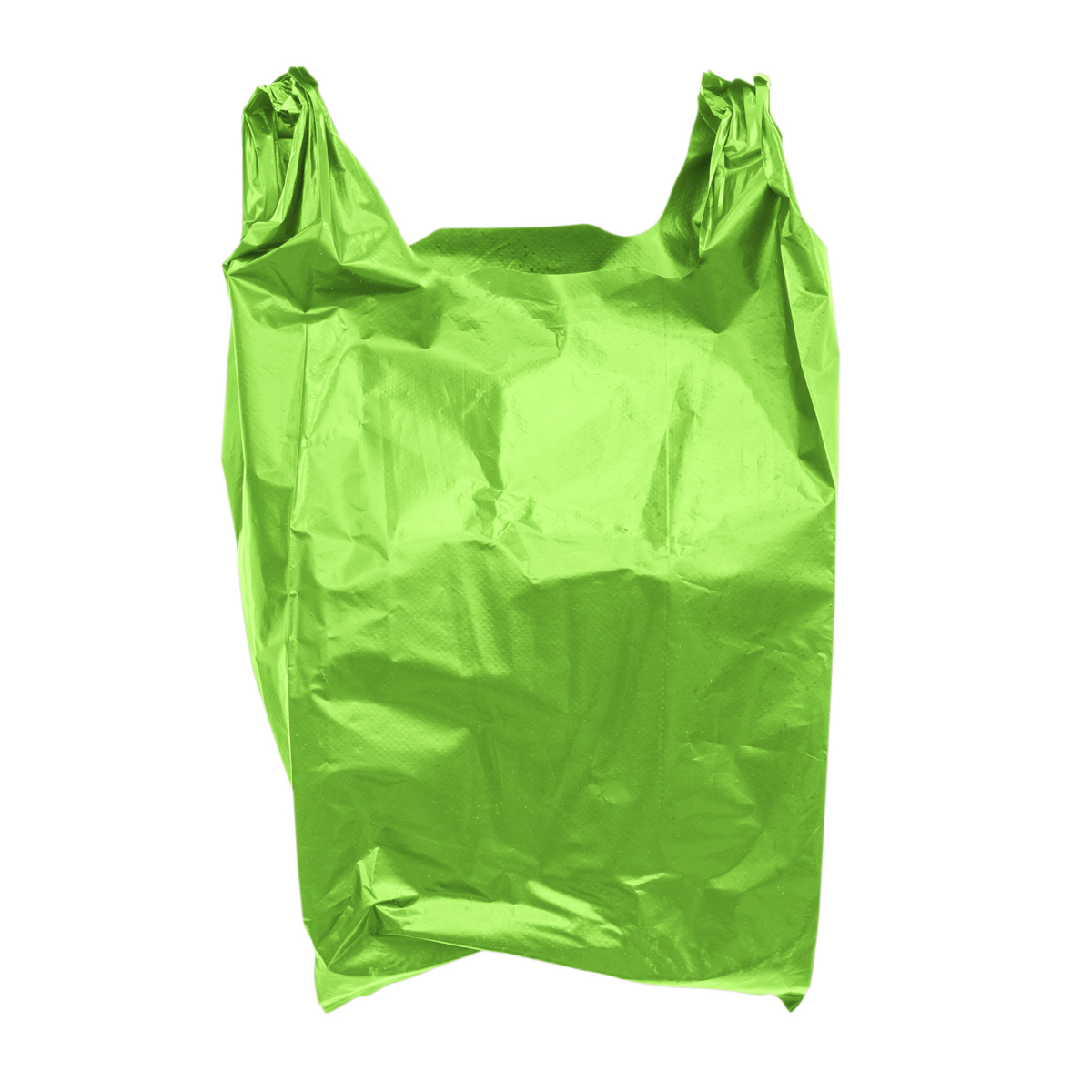Should Boston #BantheBag?

Photo via istock.com/yotrak
Plastic bags. An environmentalist’s nightmare, they gum up recycling operations, are constantly getting stuck in sewer grates and trees, blow around neighborhoods on trash day, float through waterways to vast patches of ocean garbage, and require the use of fossil fuels to make (although to be fair, so do the alternatives).
As momentum builds on the issue around the country, so far more than 30 cities and towns in the state have either done away with plastic bags completely or passed local laws to cut back on their use. Is it Boston’s turn to #BantheBag?
Now is your chance to weigh in. The first of three meetings on whether and how Boston might join the growing number of communities with bans is scheduled for Tuesday afternoon as a recently formed City Council working group mulls a city ordinance.
Councilor Matt O’Malley, who is leading the group, says specifics on banning bags in the largest municipality in New England are still up for debate.
“We certainly have challenges with more population, more businesses, and more stores,” O’Malley says. “We’re really going to look at what’s worked in other towns and cities in Massachusetts and in similar cities and see if we can address that going forward.”
He says he’s also interested in talking about alternatives to a ban: say, allowing the use of plastic bags but instituting mandatory new fees for them (like New York City plans to), or setting regulations on allowable thickness for the bags.
“This is very early in the process and there are no preconceived notions about what the findings will be,” O’Malley says, referring to the report the working group is supposed to submit to the City Council in two months’ time.
Approaches vary from town to town, but no matter what happens, there is a good chance it wouldn’t be the end of flimsy plastic being the go-to for schlepping things out of stores. If Boston follows in the footsteps of other communities with anti-bag laws, lots of plastic would still be coming home with Bostonians’ groceries: when bans are in place, bags used to transport things like produce and newspapers are often exempt. It’s also likely that smaller retailers, among them Boston’s many corner markets and bodegas, would continue to use them, as exemptions in have been carved out in other municipalities for smaller stores (in Brookline, that means places smaller than 2,500 square feet; in Newton, 3,500 square feet).
A citywide ordinance is also not the only way Boston might outlaw the bags. State lawmakers are pursuing a Massachusetts-wide ban on the use of the products. Language banning the bags was inserted into the state budget this year, but didn’t survive the negotiation process. It’ has faced backlash, including from Gov. Charlie Baker, who through an advisor expressed concern about “potential impacts on low-income families’ grocery bills, and retailers across Massachusetts,” according to the State House News Service.
The Retailers Association of Massachusetts, meanwhile, has come out pretty firmly anti-ban. Its president, Jon Hurst says the organization’s members don’t want to navigate a patchwork of different rules around the state, don’t want to make their customers’ shopping experience more challenging (particularly for tourists here to shop), and don’t see the point in banning the bags when so many other things people buy are made of plastic. Better to let customers decide what bags they want to use—be it paper, plastic, canvas, or some other material—and leave it at that, Hurst says.
“It’s kind of a ‘limousine liberal’ type of messaging. ‘We don’t believe you’re smart enough or capable enough to be making these kinds of decisions on your own,'” he says. He also argues that a plastic bag ban can be especially headache-inducing for Boston residents than for their peers in the ‘burbs. “They’re lugging things home, walking, or hopping on the T, buying a little bit at a time, and maybe they’re stopping on the way home from work. Do they really want to carry reusable bags with them every day from work?”
The task force meets for the first time on Tuesday at 1 p.m. at City Hall. It convenes again at 6 p.m. on Tuesday, October 4, at the Arnold Arboretum and at 1 p.m. at City Hall on Tuesday, October 25.
O’Malley says he and others on the task force are also soliciting input via a form on his campaign website.


